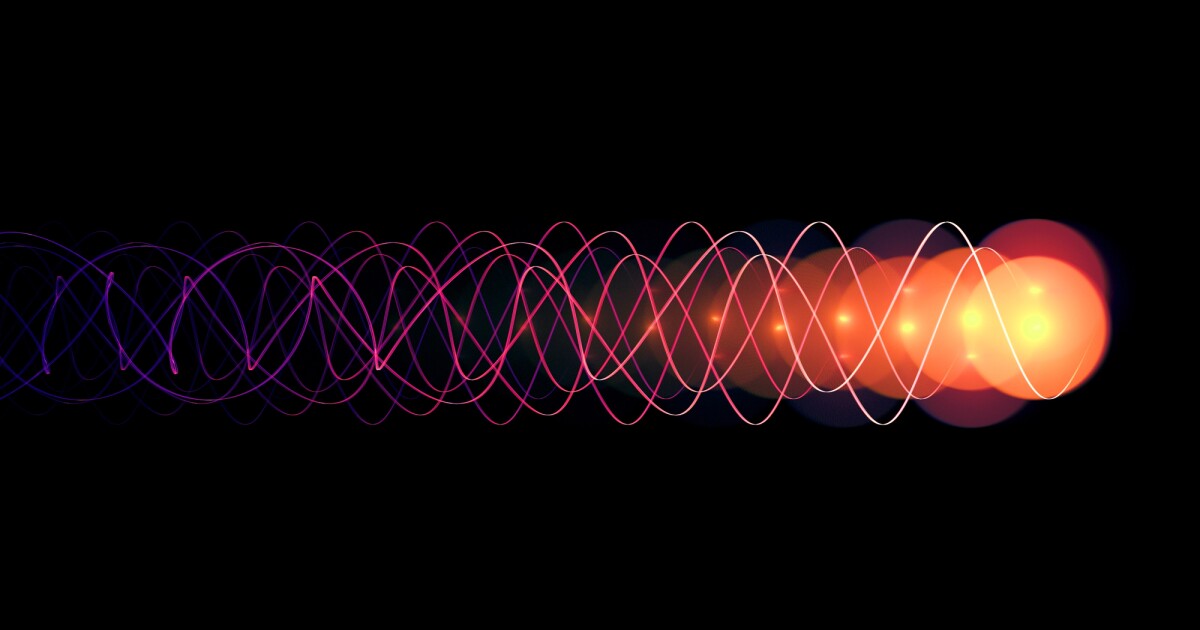- cross-posted to:
- [email protected]
- cross-posted to:
- [email protected]
Summary
Scientists have discovered semi-Dirac fermions, particles that bizarrely gain or lose mass depending on the direction they travel.
Found in the semi-metal material ZrSiS, these quasiparticles are massless when moving at light speed in one direction but gain mass when slowing down in another, due to resistance within the material’s electronic structure.
This behavior, tied to Einstein’s E=mc², was unexpected and may lead to applications similar to graphene.
Researchers are now studying the unexplained quantum interactions behind this phenomenon, published in Physical Review X.
When the quasiparticles travel along one dimension inside the ZrSiS crystals, they do so at the speed of light and are therefore massless. But as soon as they try to travel in a different direction, they hit resistance, slow down and gain mass.
Sounds more like a property of the material than the particle.
Edit: did a little reading. It’s not even a real particle, it’s a quasi-particle, which apparently means it’s a general description of a group of particles.
That’s even crazier
Yup! PBS Spacetime has a nice video on quasi-particles, and how they are pretty much as “real” as protons and neutrons!
I think a quasi-particle is more like a phenomenon that can mathematically be described in a way a particle would be, rather than just a group of particles. After all, holes in semiconductors are quasiparticles caused by a lack of real particles.
Admittedly, I know very little about quasi-particles.
and may lead to applications similar to graphene.
Graphene has applications now?
Yes; theoretical ones.
Surprisingly, I just read it actually does, and quite a few. None revolutionary and eye-catching like everybody hoped, but apparently, most of us has graphene in our smartphones, for example. I don’t remember specifics, I can try to look for the article where I read it, if you want very much.
For me, it’s the phone’s OS!
Eleftrons.
Did anyone bother asking the quasi-particles which direction they want to go?
I wonder what cool things we can do with this effect.
Has anyone considered that obviously this particle has been observed moving to and from various kebab shops and other eateries?
When I’m driving my car down a street - in one direction it moves without loosing much momentum, but in another direction at a 90 degree angle, my car tends to lose a lot of momentum. Also, it is impossible to move in the z-direction without having a confederate flag on the top of the car and being chased by a sheriff in the deep south.
Ah. The Roscoe Theorem.







